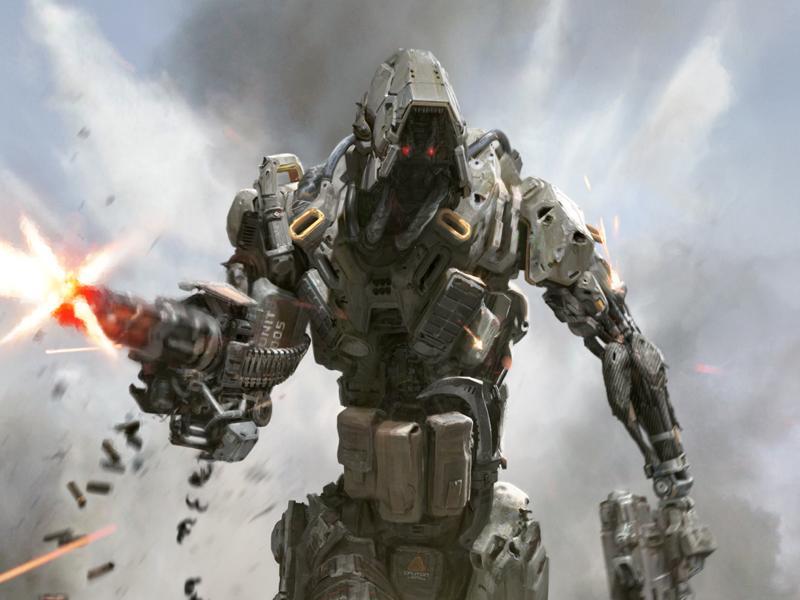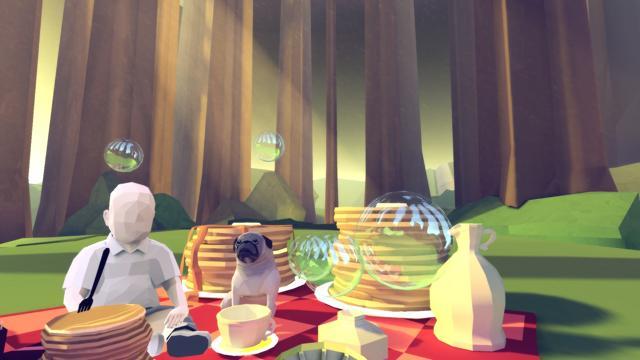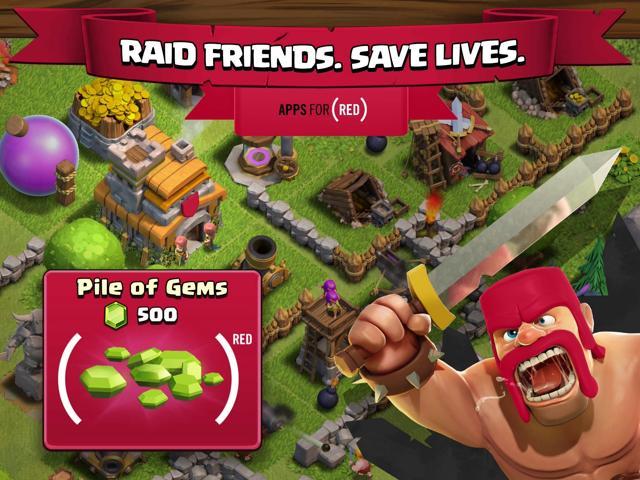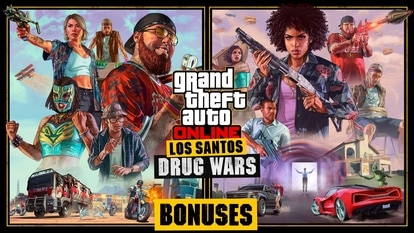Donating money to creating awareness: Game developers giving back to society
From generating funds for charities to creating awareness about issues, game developers are going all out to give back to society.

In July, Nazara Games partnered with Make-A-Wish Foundation to launch an initiative, titled Play4Good. As part of it, those playing the popular game Chhota Bheem Jungle Run can donate laddoos [part of the gameplay], which is then monetised by the company. The proceeds are used to fulfil the wishes — ranging from a Barbie set to a mobile phone — of terminally-ill children at hospitals in Mumbai.
Read: Keep your mind agile: Play brain games to ward off cognitive decline
But, it isn't the first company to mix gaming with a social cause. In recent months, a spate of titles have been launched that give back to society in some form — from surface-level partnerships with charities, to working with non-profit organisations, to even designing game levels that provide social benefits to the players.


Take for instance, the just-released puzzle game Muhammad Ali: Puzzle King. The creators will donate 50% of the game's first-month proceeds to the Muhammad Ali Center, a multicultural centre in the US, founded by the Ali family. On the other hand, online retail outlet Razer Cortex announced in January that it will donate its proceeds from the sale of the much-acclaimed game That Dragon Cancer to cancer charities. "When we first acquired Ouya, it was with the vision of bringing Android gaming to the living room. By doing that, we now have the opportunity to give back to the community in a big way, by making sure all our proceeds go right back into the fight against cancer," said Razer CEO Min-Liang Tan.
Similarly, in February, the makers of Stage Rush: Imagine Dragons gave money to the Tyler Robinson Foundation, which help families fight pediatric cancer. On the other hand, I, Hope, which will release in 2017 on Xbox One, is being developed specifically with combating cancer in mind. All profits generated will go to supporting children with life threatening illnesses and their families.


According to Nitish Mittersain, managing director, Nazara Games, developers are increasingly investing in these titles as they are a mix of CSR (corporate social responsibility) and cause-based marketing. Such games, though designed for commercial purposes, act as a springboard for engaging players in social causes. "There are millions of users playing games, especially on their mobile phones. So, it can be a great medium to create awareness and generate micro-donations that can result in significant contribution to causes. Also, since the users are engaged closely with the game, it is easy to interact with them through this medium," he says.
Read: Want to ace driving? Playing action video games could help: Study
Also, it need not always be about generating revenue. Recent titles are also creating awareness about a range of issues — from climate change and cyberbullying to teen suicide and the recent refugee crisis. Gaming enthusiast and lawyer Taran Shah believes that one reason for these titles gaining popularity is that they mix interesting gameplay with a message. "These days, games deal with serious issues such as bullying, teen suicide and eating disorders realistically, and without being preachy. They have amazing graphics and simple gameplay that drive home the message without much effort," he says.
Whatever the reason, this is one trend that is here to stay, and neither the players nor the developers are complaining about it.
Also tackling issues


Clash of Clans: The makers teamed up with Apple to fight AIDS.
Back Off Bullies: Learn about cyberbullying while helping an android battle his bullies.
Pridefest: Atari's game was designed to celebrate the progress made by the LGBTQ community.
Bee Leader: An award-winning arcade game, it highlights the effects of climate change on bee populations and honey supplies.
The Day We Left: The aim of the 3D adventure game for the PC and Mac is to provide a realistic view of the refugee crisis from a refugee's point of view.
Orwell - Keeping An Eye On You: Highlighting the importance of freedom of speech, it takes its name from British novelist and activist George Orwell, whose mid-20th century novel 1984 warned of a future in which the state watches and controls the lives of its people.
The Migrant Trail: The single-player simulation game examines the life of migrants and border patrol agents on the US-Mexico border.
Pipe Trouble: In this game, the user has to build a pipeline and try to balance the financial demands with the least amount of environmental impact.
Catch all the Latest Tech News, Mobile News, Laptop News, Gaming news, Wearables News , How To News, also keep up with us on Whatsapp channel,Twitter, Facebook, Google News, and Instagram. For our latest videos, subscribe to our YouTube channel.






























